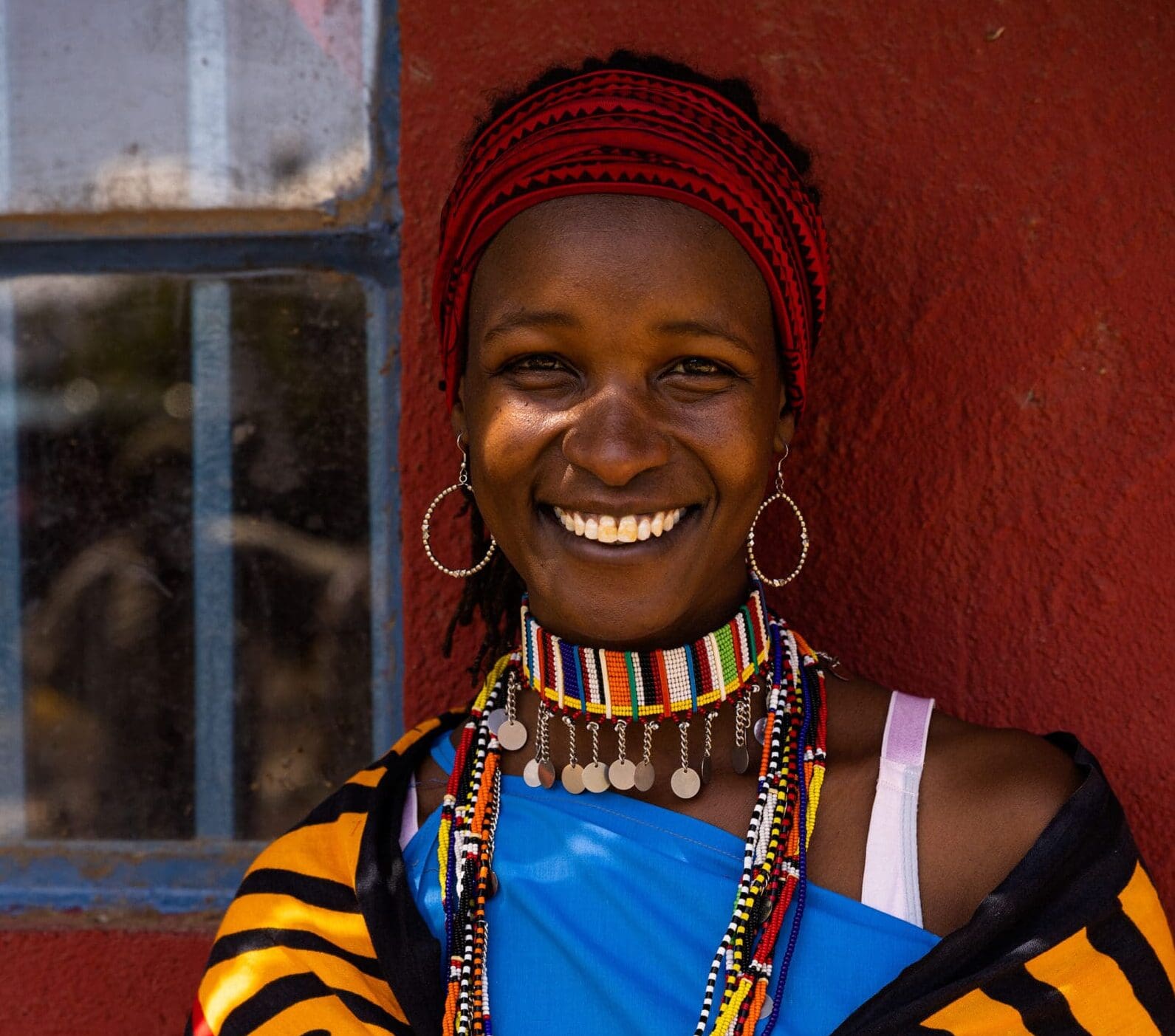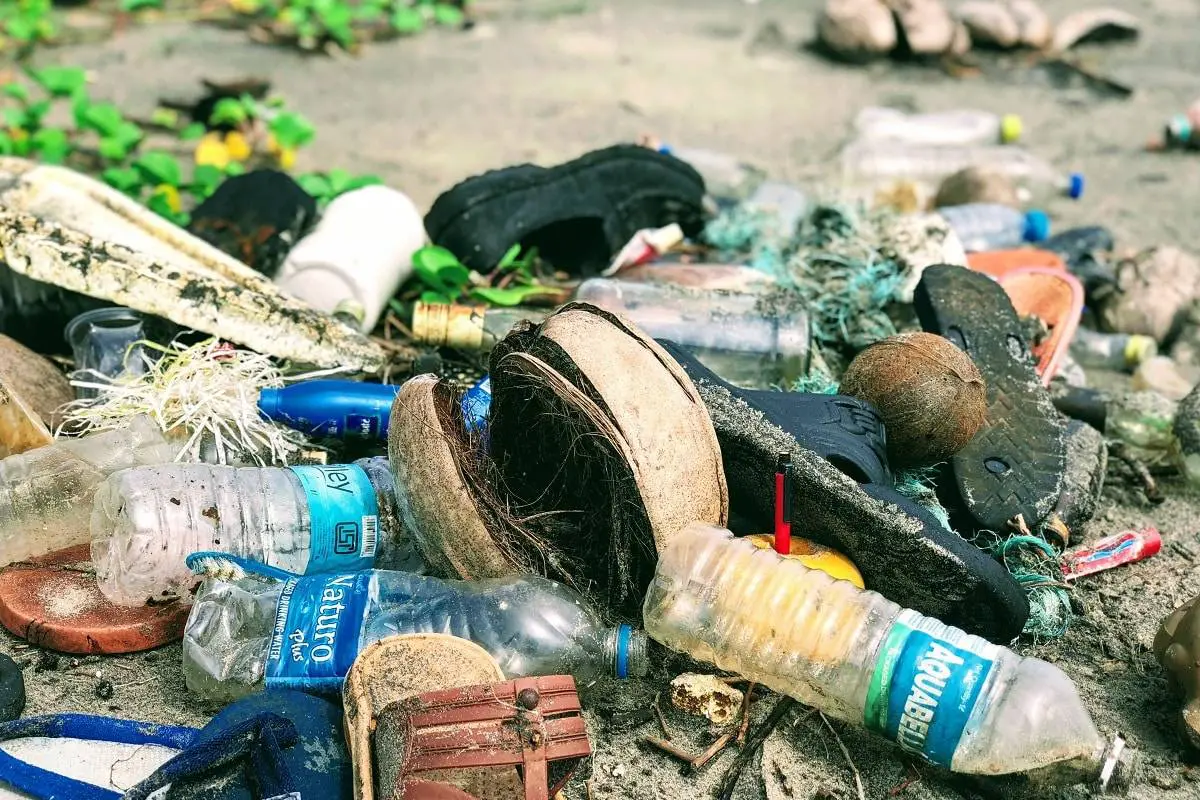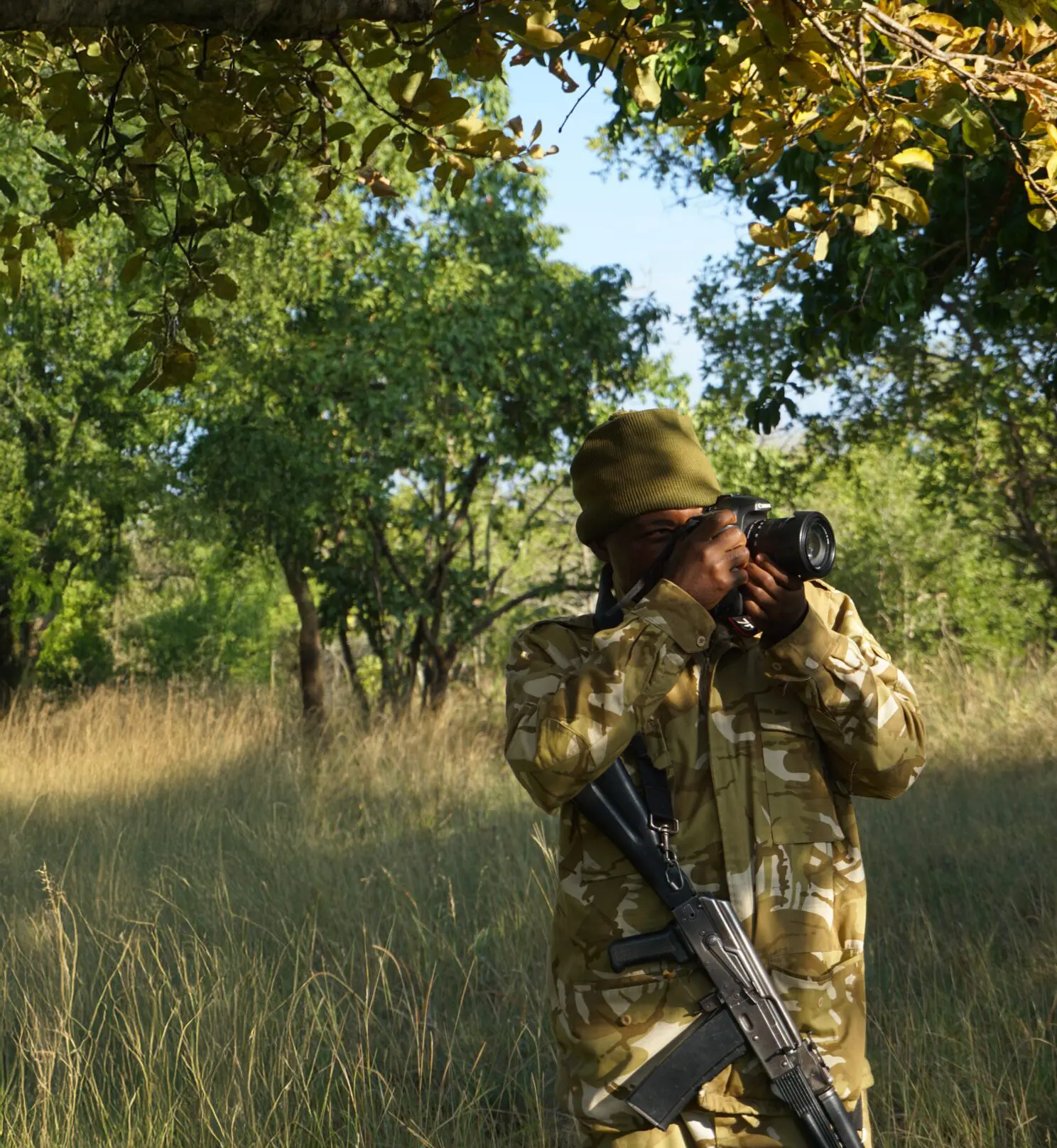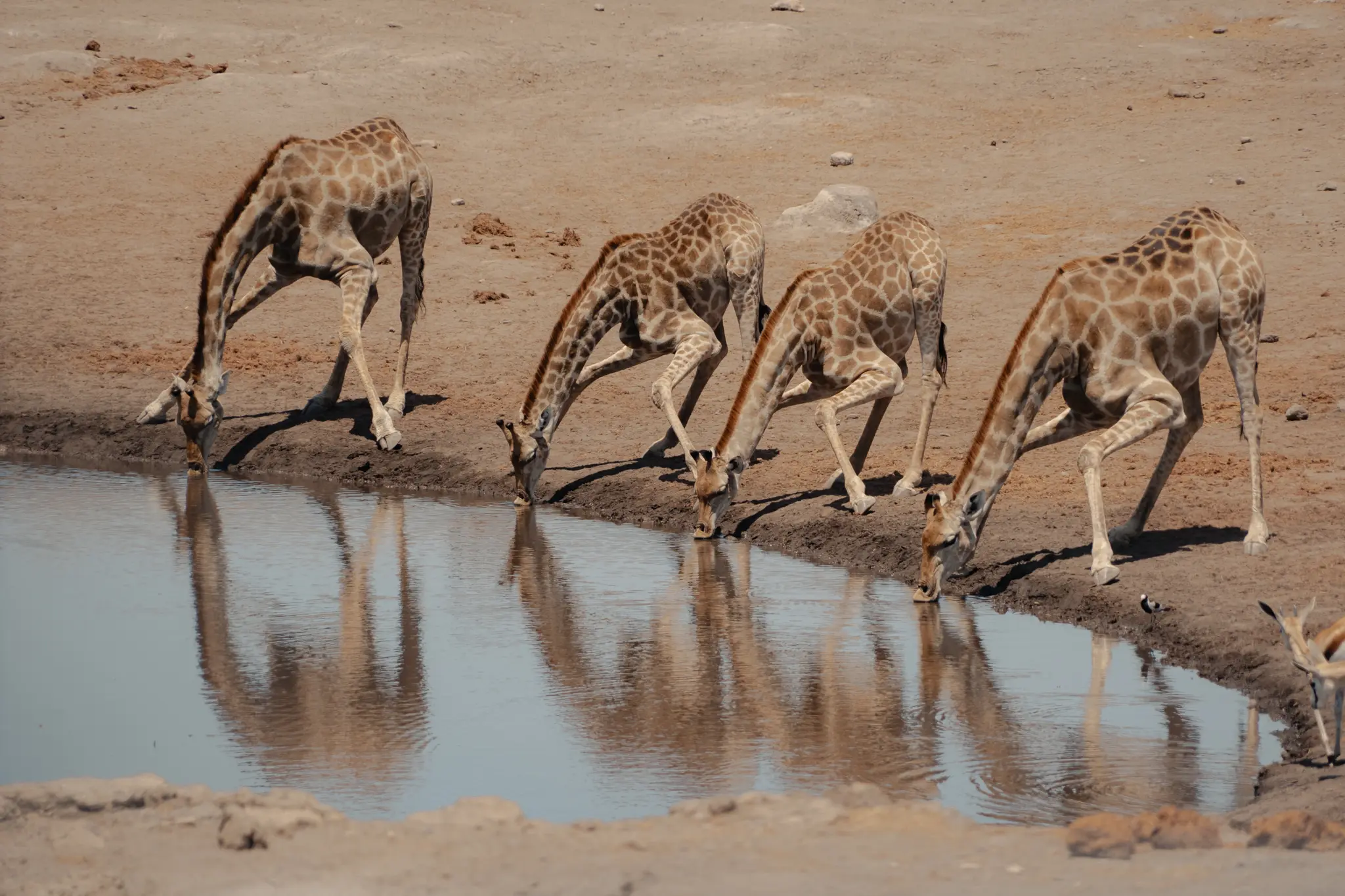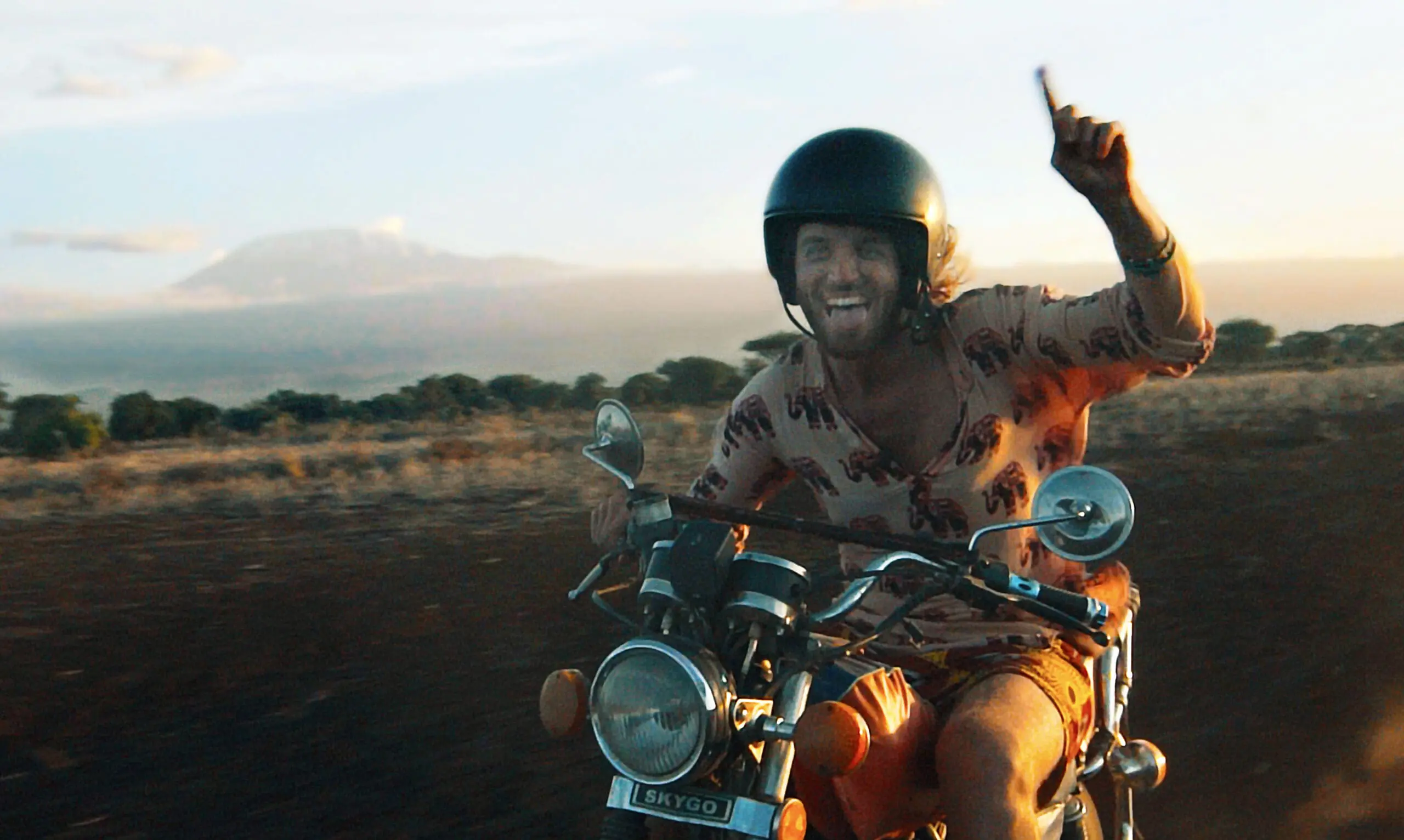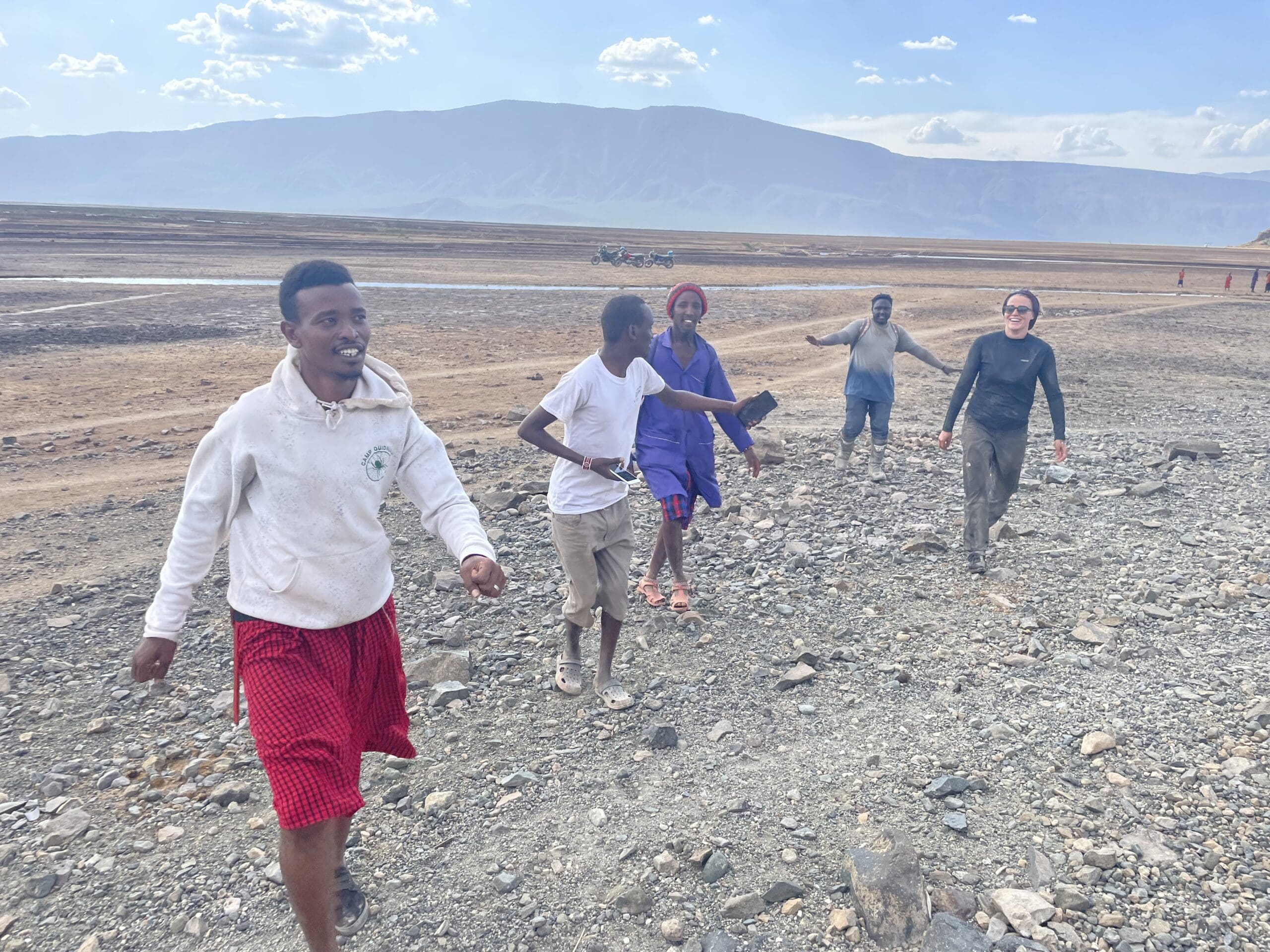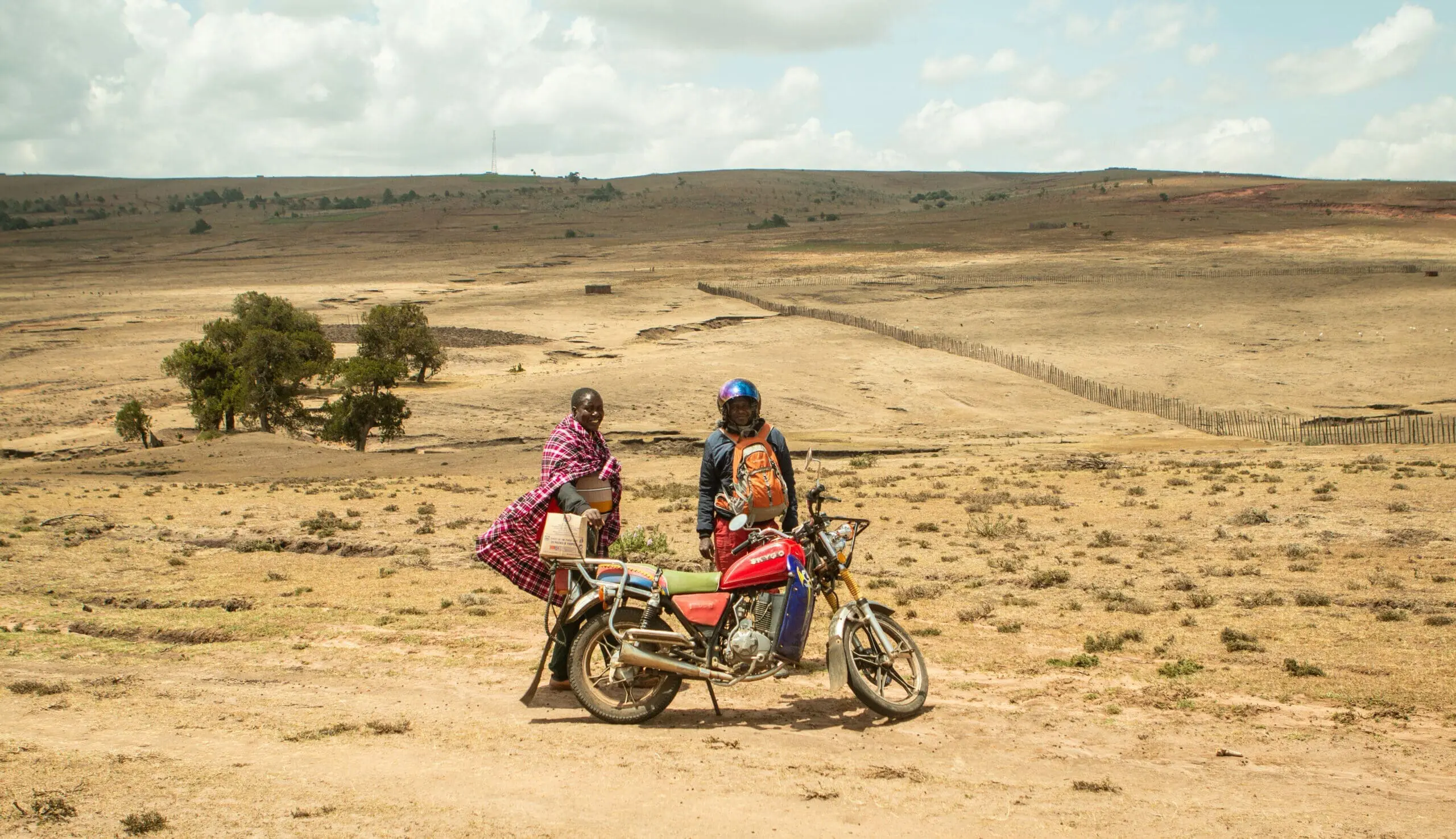Are you breaking the law? Then you can get up to €33,000 fine and four years in jail.
Since the introduction of the plastic ban in
Kenya, the introduction of plastic has been
severly repressed. Are you breaking the law? Then you can get up to €33,000 fine and four years in jail. So no small punishments. There are also penalties for importers who try to smuggle plastic into the country. On a smaller scale there is a clear regulation: do not bring plastic into the country. Also for our travelers we try to use clear regulations to reduce the use of plastic. Read on and learn more about Charlie’s Travels plastic policy and how we try to promote sustainable tourism.
Offenders are punished almost as harshly as drug dealers
Plastic. You see it everywhere. Drinking bottles, that insanely annoying packaging of a screwdriver set, the spoiler of your Fiat, grandma’s dentures. An incredibly handy, cheap and durable product… only Mother Nature isn’t very happy with it. Plastic is one of the biggest polluters in the world: it never decays and eventually stays behind in very small particles… And it only gets more and more. Over the past ten years, more plastic has been produced than in the entire twentieth century! Half of all that plastic is made for single use, and as we speak, about a shocking one BILLION plastic bags are used. Something has to change.
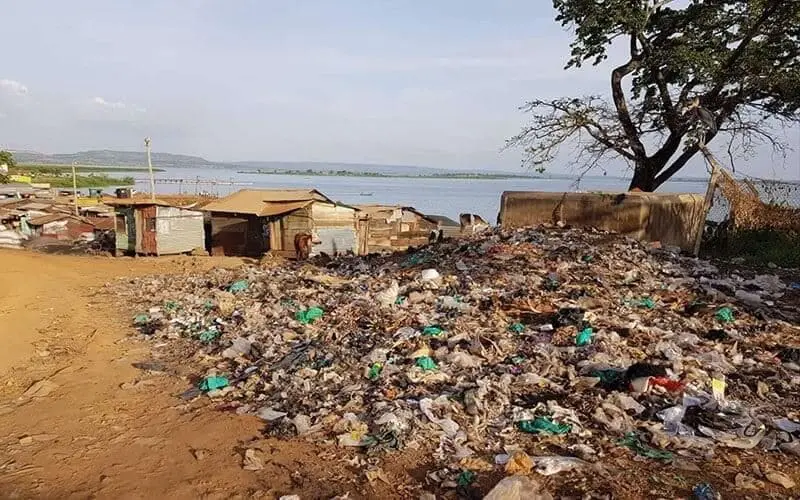
They came to that realization in Kenya as well. Plastic is a big problem in the country and is enormously harmful to the environment. Poor waste and recycling facilities make it very difficult for the country to process the enormous amount of plastic garbage, so they took a drastic measure: selling, owning and using plastic bags has been made illegal. Violators are punished almost as harshly as drug dealers. That’s quite a difference with the 10 cent bags in the Netherlands.
And what happens to your plastic water bottles?
Making bags illegal is just a small but important step in the right direction. A big other problem is the use of plastic bottles. We all know that drinking tap water abroad can mean that you have to spend the next day with ORS powders around a toilet. We are often not used to the bacteria. So we buy massively clean and filtered water from plastic bottles, so we can continue to enjoy that great safari or Mara in a nice and healthy way. But where does that empty bottle end when you throw it in a garbage can with all your good intentions…?
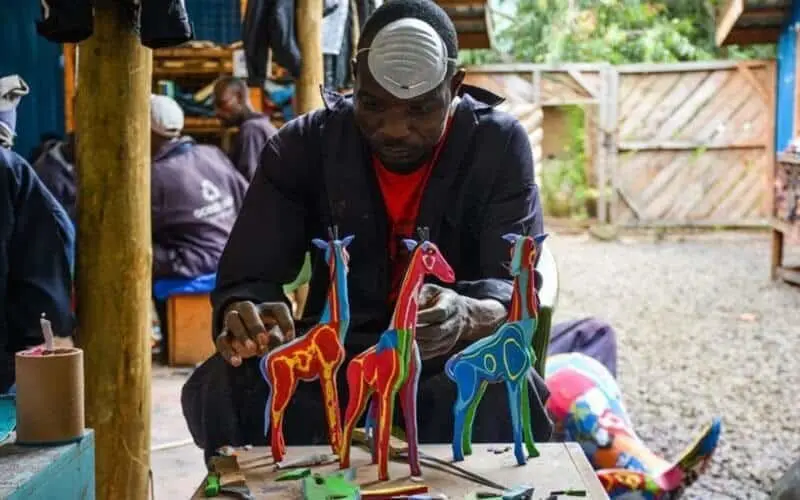
Great local plastic recycling initiatives
Fortunately, there are a lot of great local initiatives in Kenya to tackle this waste problem as well. A school near Charlie’s Headquarters in
Nairobi participates in the
Precious Plastic community set up by Dave Hakkens, a network of global fighters for a plastic-free environment. At this school they make products from all our used plastic: from jewelry, to cups, bowls and construction materials. Really awesome! This way the plastic stays out of nature, we stimulate creativity and craftsmanship and the school also benefits!
Or how about the crazy Flip the Flop initiative where 400,000 flip-flops are fished off the Kenyan coast every year while cleaning up the coastline. These flip-flops are transformed by local craftsmen into the most beautiful pieces of art. And what makes it all even more beautiful is that this initiative has already led to 100 new jobs on the Kenyan coast. Every artist who makes something out of recycled flip flops, also hangs a card with his or her story on it, so that as a buyer you also know who will help you when you buy his or her colorful design.
Charlie’s Travels and join the pipe
But of course we’re not stopping there yet – we’ve only just started! For us, corporate social responsibility (CSR) means creating our journeys in a sustainable and responsible way, in order to have as little impact on the environment as possible. The use of plastic is also a big part of this. A big problem is that in the countries we travel to, drinking water is only available in plastic bottles. And with the fairly warm and dusty climate, you soon need about 3-4 liters of water per person per day. So these are quite a few bottles that go through it.
Fortunately, we are working hard on great solutions. For example, we started a partnership with
Join the Pipe. This social network is involved in offering reusable bottles and installing sustainable drinking water taps in order to prevent the use of environmentally polluting single-use plastic bottles. With these sales they finance clean drinking water projects. These projects are concerned with placing water pumps, organizing plastic clean ups and distributing the reusable bottles. These bottles will soon also be given to our travelers when a trip starts. With this we hope that the reusable bottles will make a difference and that customers will not buy a new plastic bottle for every sip of water.
Water ATMs
In addition, in Kenya you gradually see that more and more
water ATMs are being installed. In Nairobi alone, half of the inhabitants have problems getting clean drinking water… this is because in many neighborhoods they don’t have a good or official water connection. With the arrival of the water ATMs, clean drinking water is becoming increasingly accessible. These ATMs are open 24/7 and for just a few cents you can have a jerry can filled. The water is qualified and approved and helps millions of people. In addition, these water ATMs also reduce the use of plastic bottles. Also for travelers this offers a solution because with your reusable bottle you can tap drinking water. Of course, water ATMs are not yet available everywhere in Africa, but it's a step in the right direction, and we certainly applaud that!
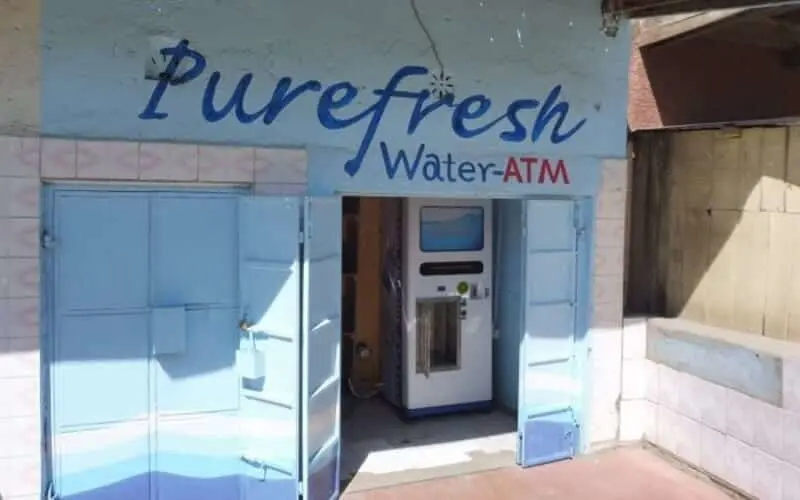
 They came to that realization in Kenya as well. Plastic is a big problem in the country and is enormously harmful to the environment. Poor waste and recycling facilities make it very difficult for the country to process the enormous amount of plastic garbage, so they took a drastic measure: selling, owning and using plastic bags has been made illegal. Violators are punished almost as harshly as drug dealers. That’s quite a difference with the 10 cent bags in the Netherlands.
They came to that realization in Kenya as well. Plastic is a big problem in the country and is enormously harmful to the environment. Poor waste and recycling facilities make it very difficult for the country to process the enormous amount of plastic garbage, so they took a drastic measure: selling, owning and using plastic bags has been made illegal. Violators are punished almost as harshly as drug dealers. That’s quite a difference with the 10 cent bags in the Netherlands.




